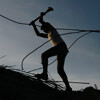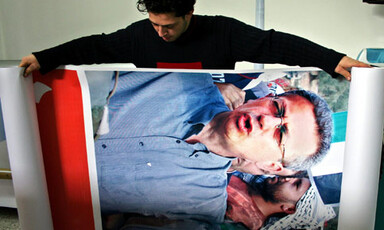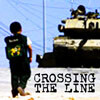
Palestine's universities: partners or prisoners?
18 December 2007
At a workshop conducted at Birzeit University (BZU) on December 13 by AMIDEAST (American-MidEast Educational and Training Services) for Palestinian universities through its Faculty Development Program, the talk turned from the announced topic of the workshop (Palestinian-American University Partnerships) to the question of Palestinian-Palestinian university partnerships or the lack thereof. The occasion had brought together important representatives (at the level of Deans and VPs) from every Palestinian West Bank University. Gaza was unrepresented, however. Rima Merriman reports. Read more about Palestine's universities: partners or prisoners?








